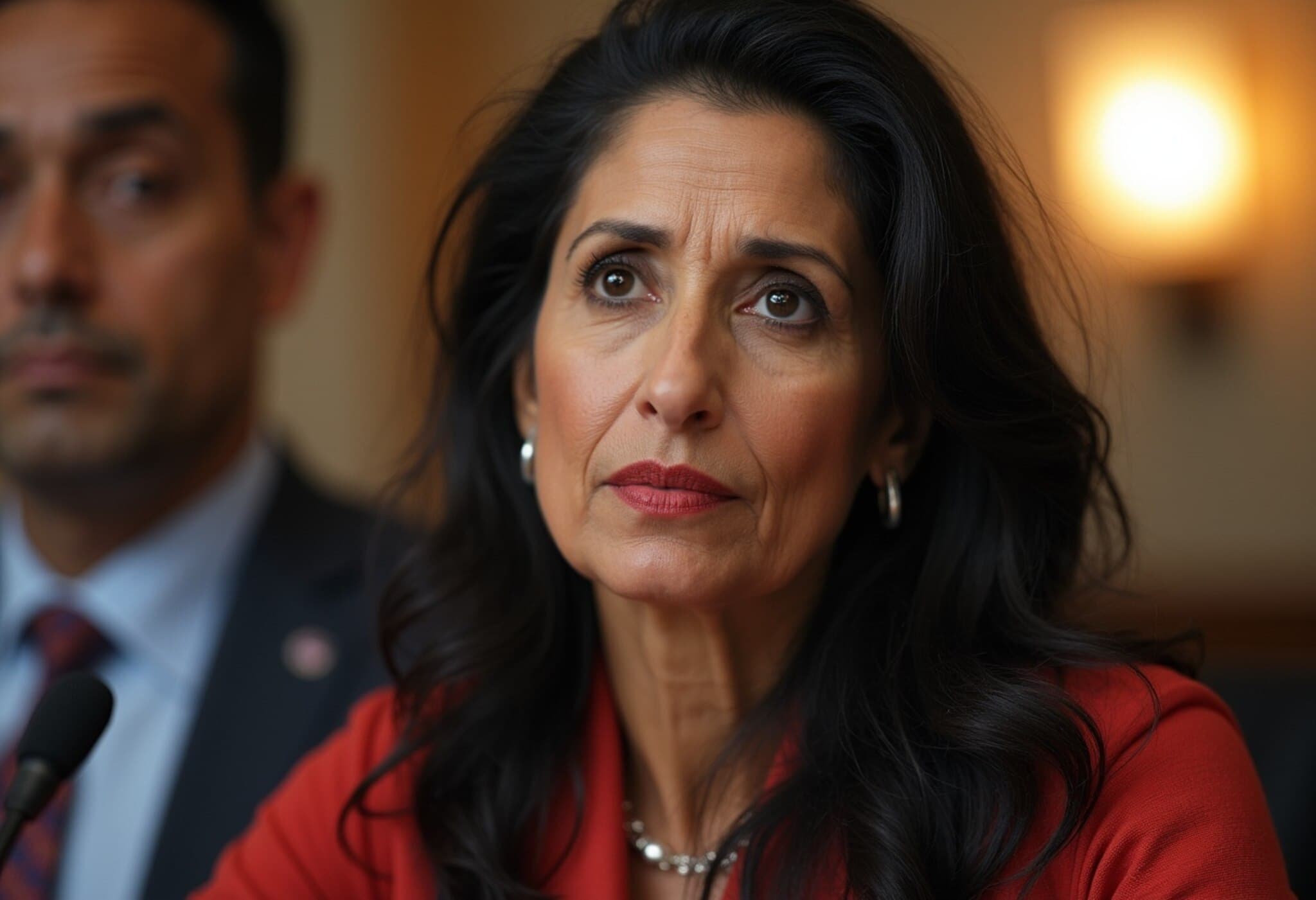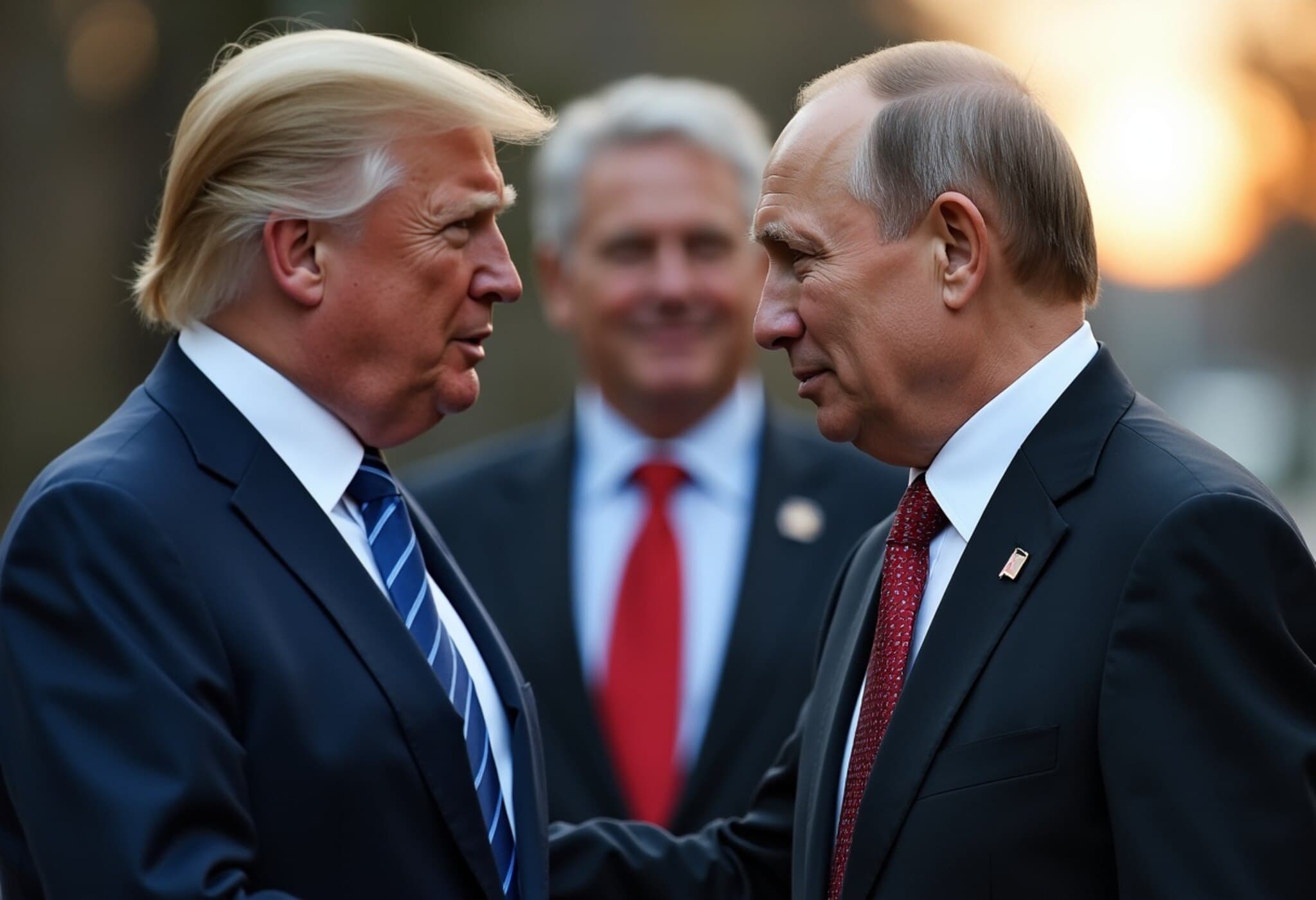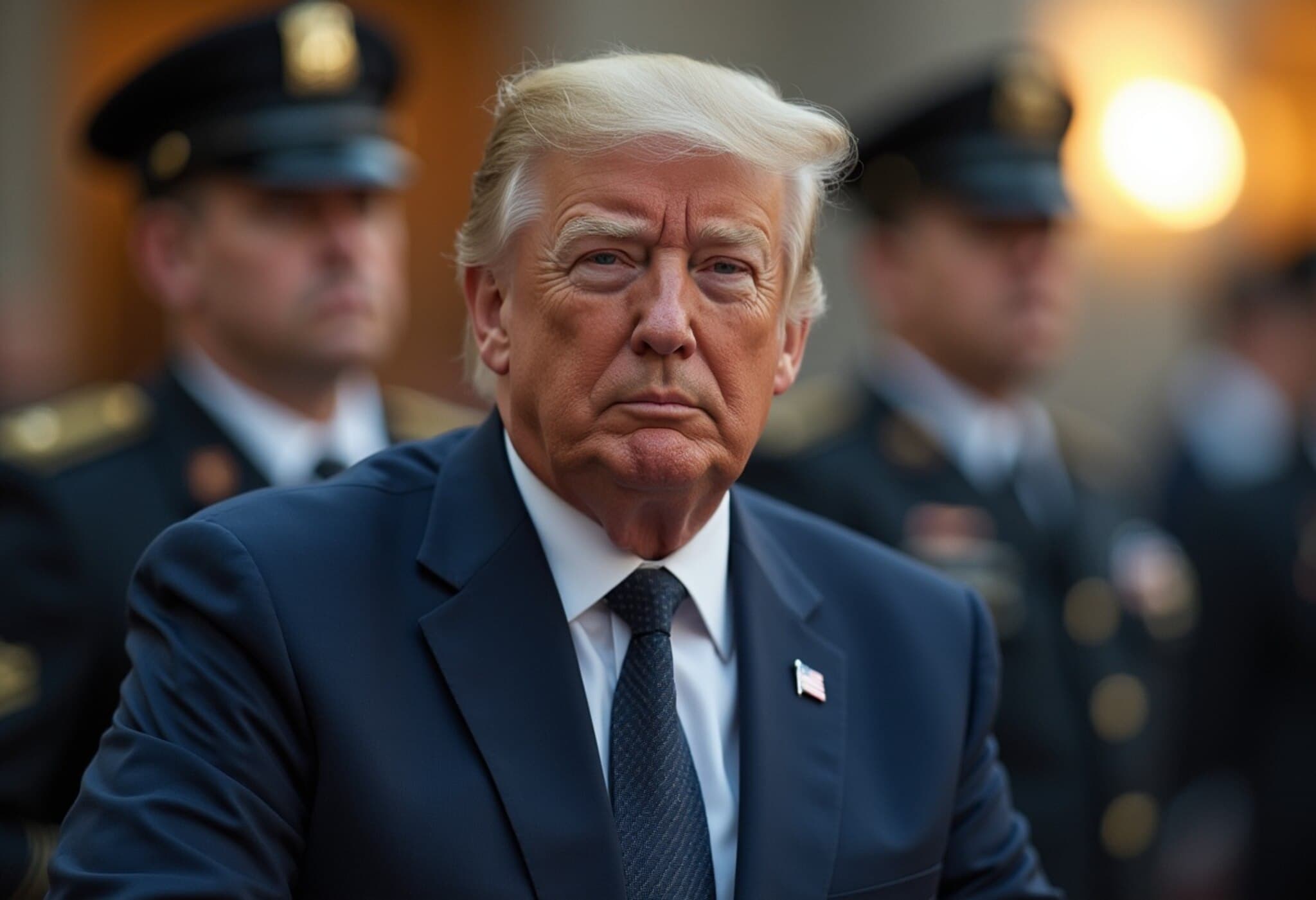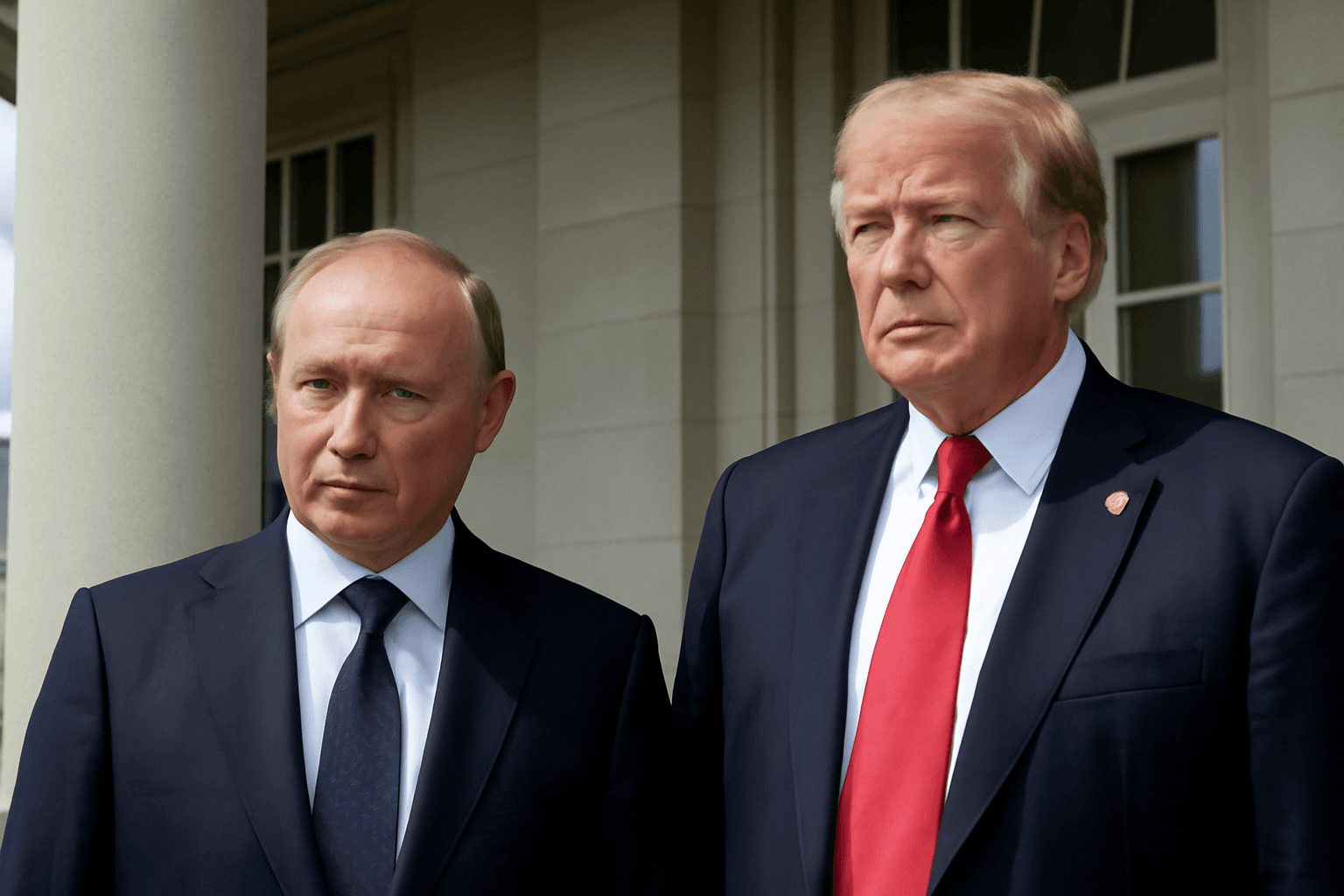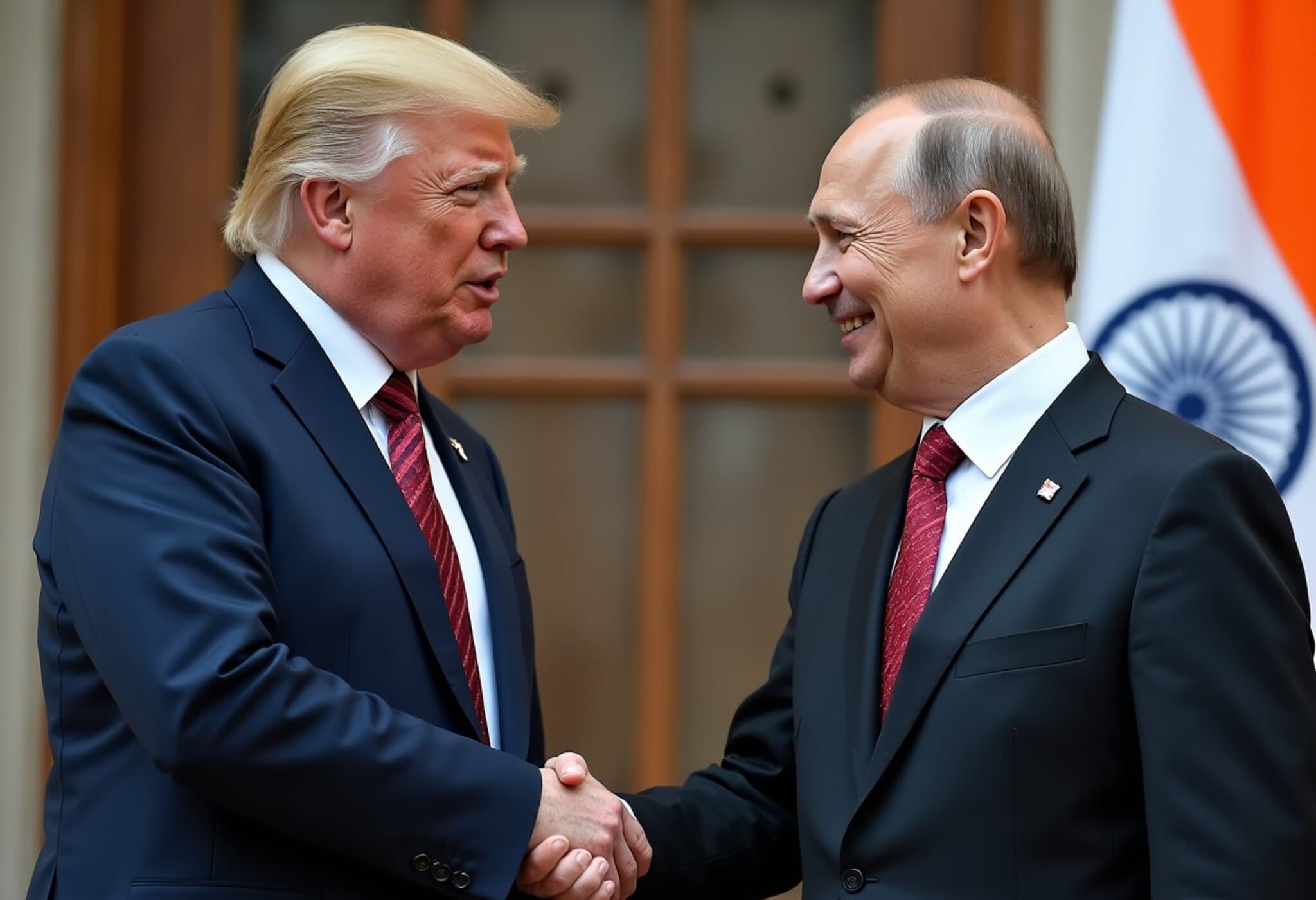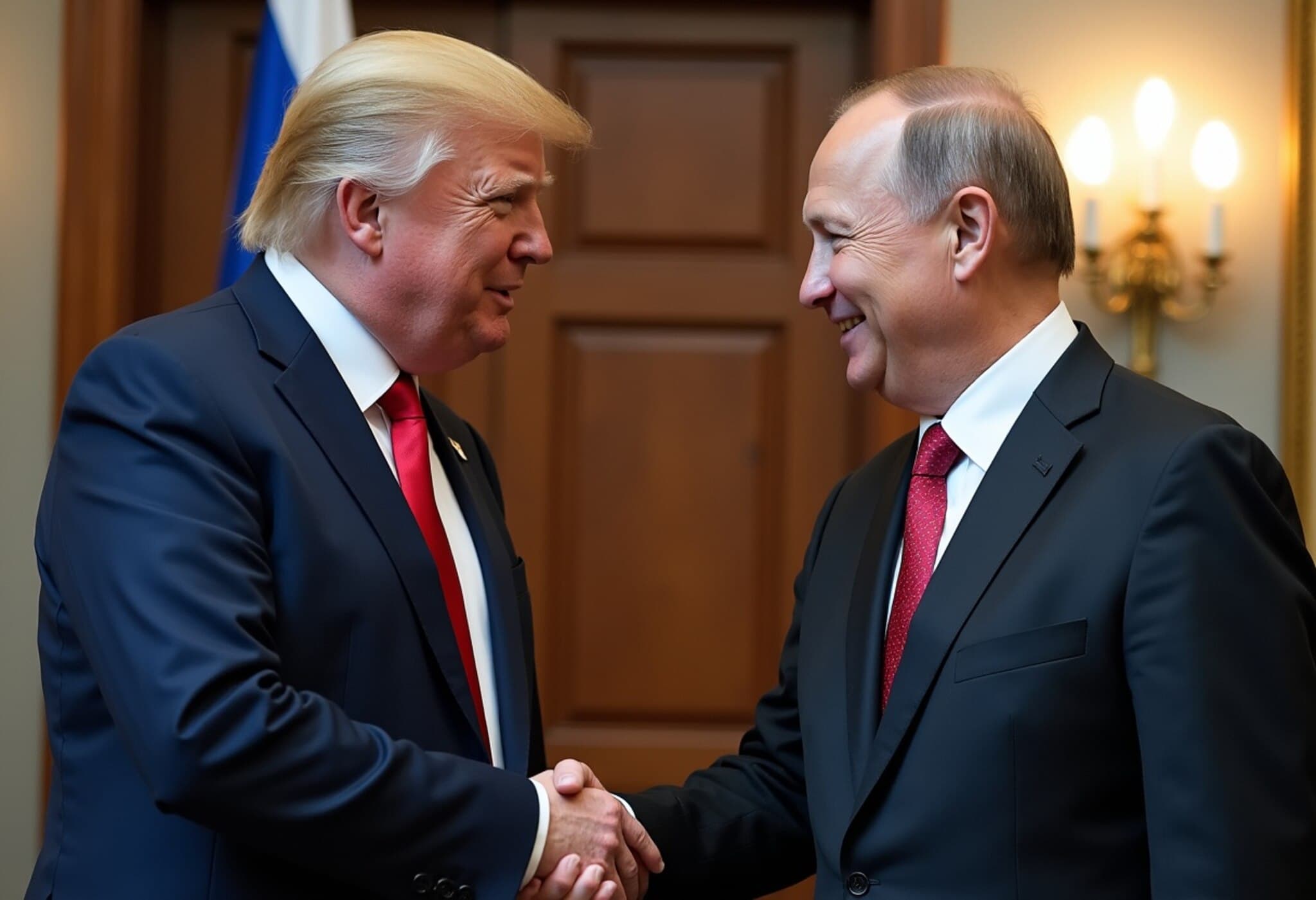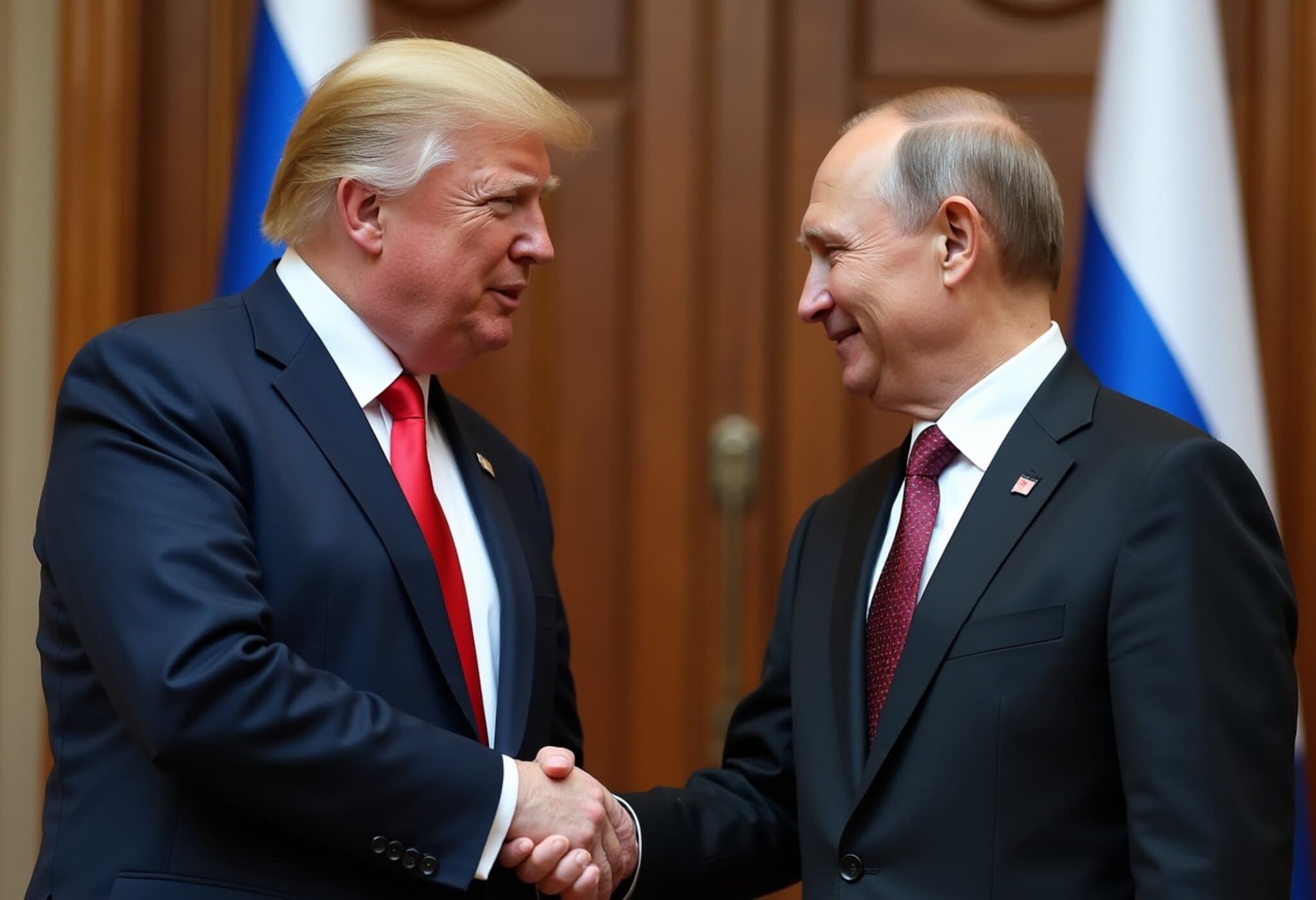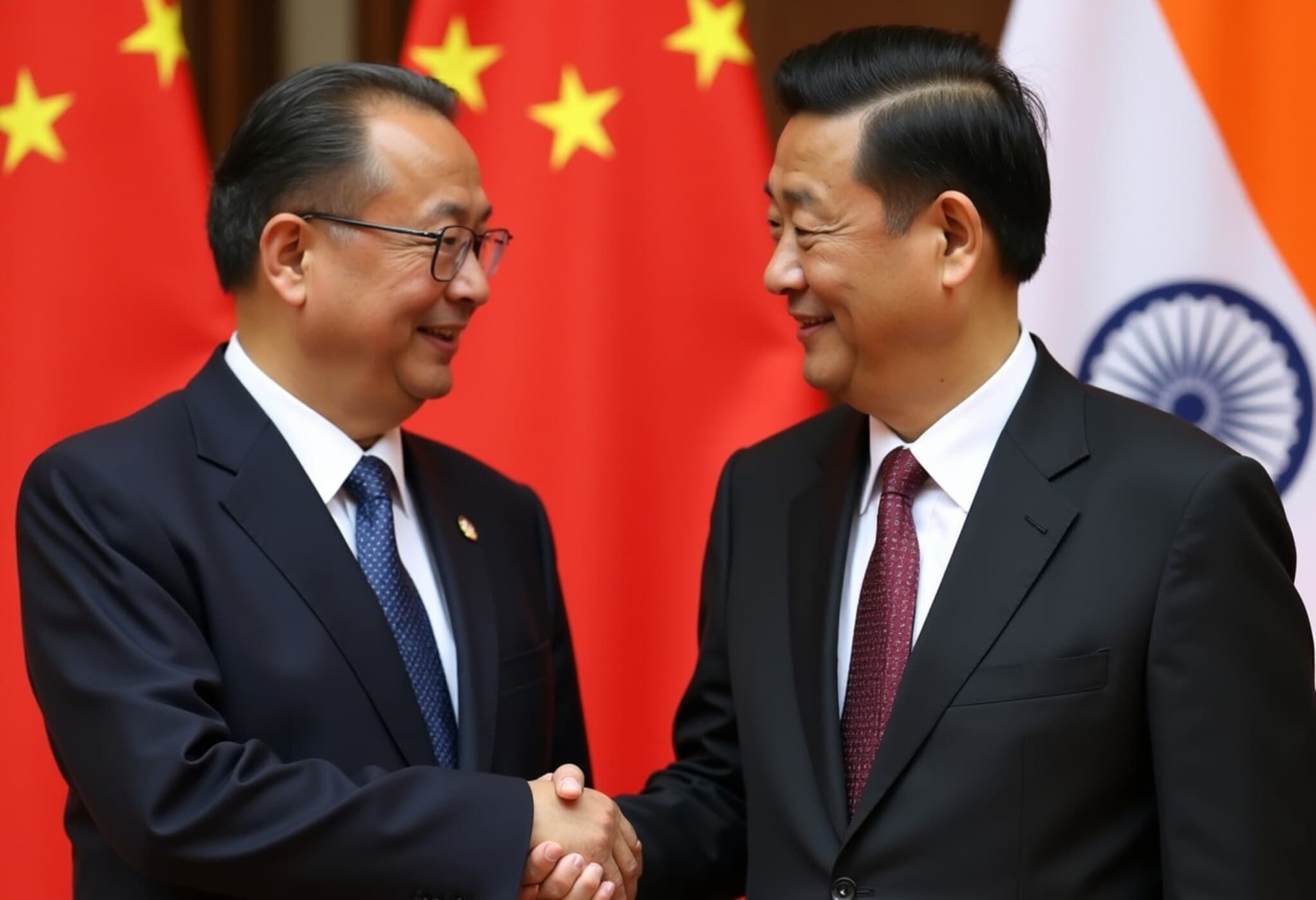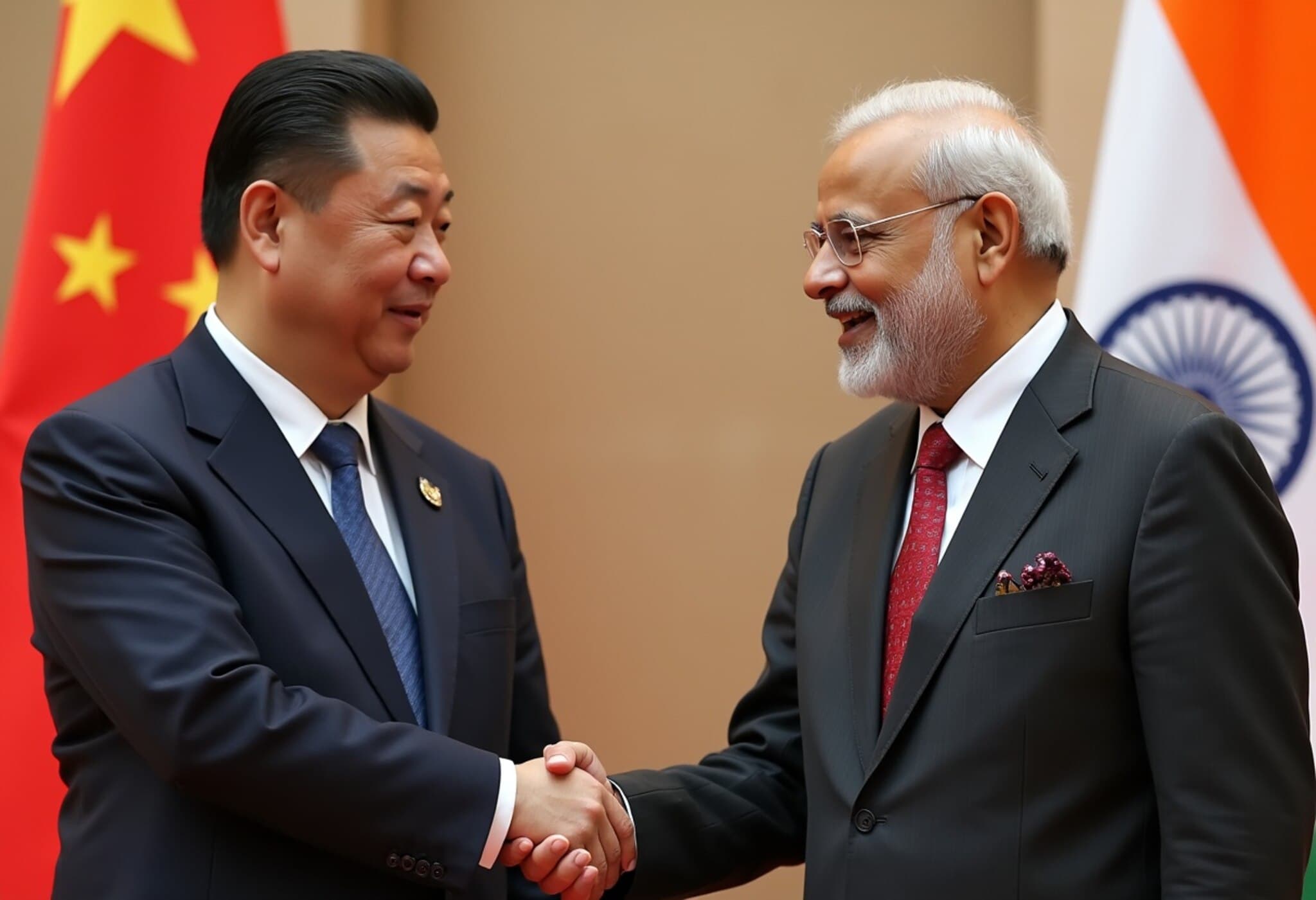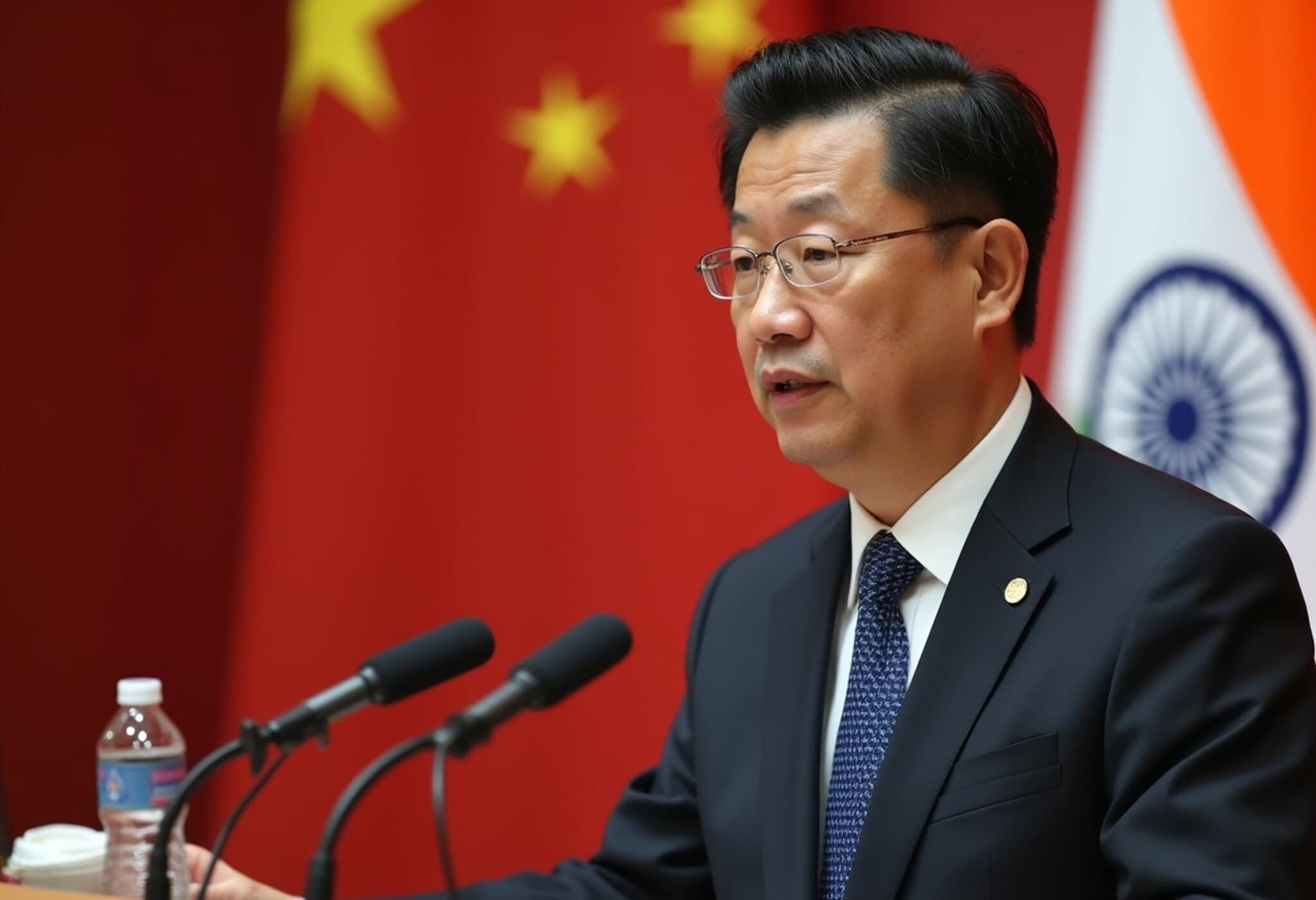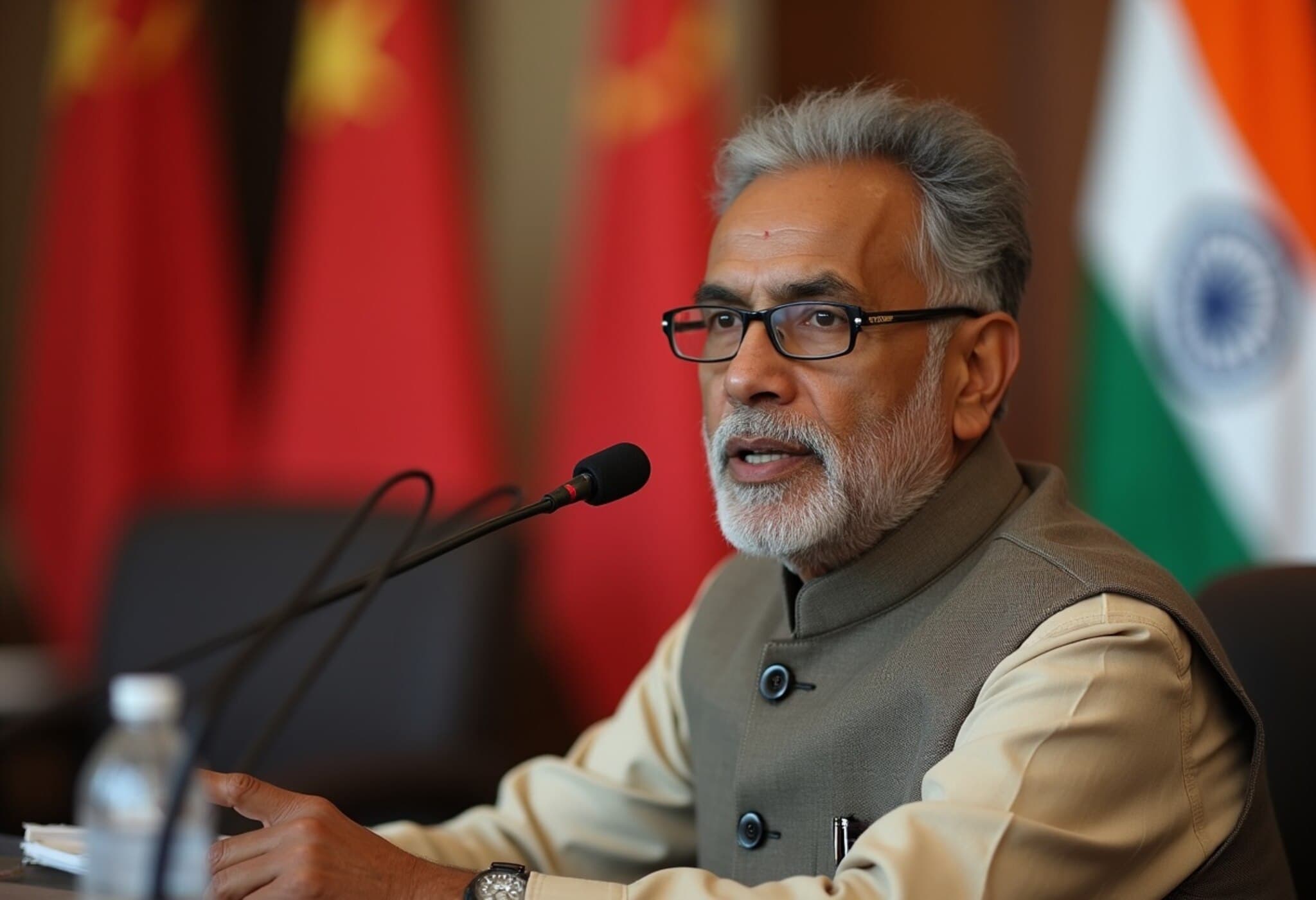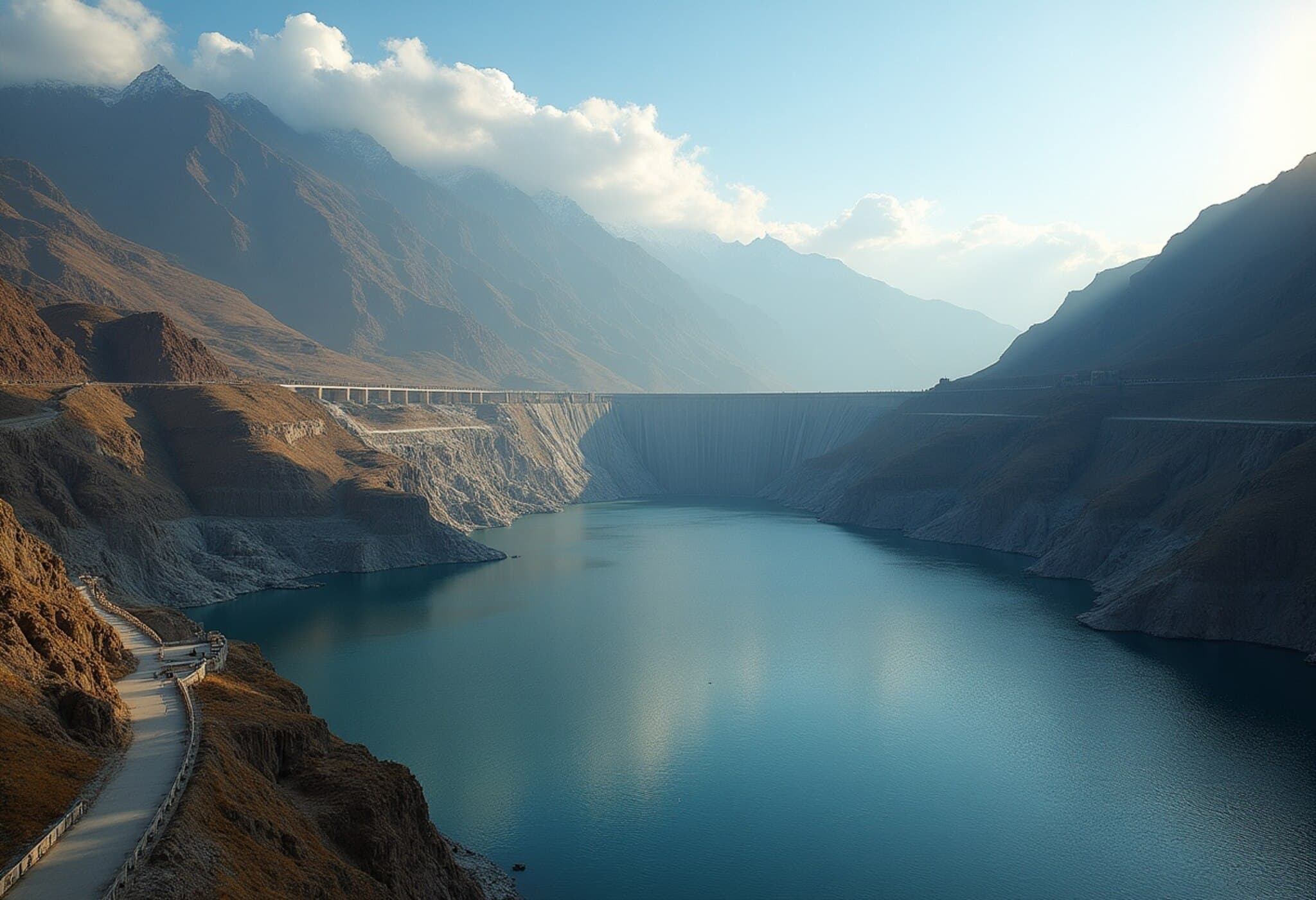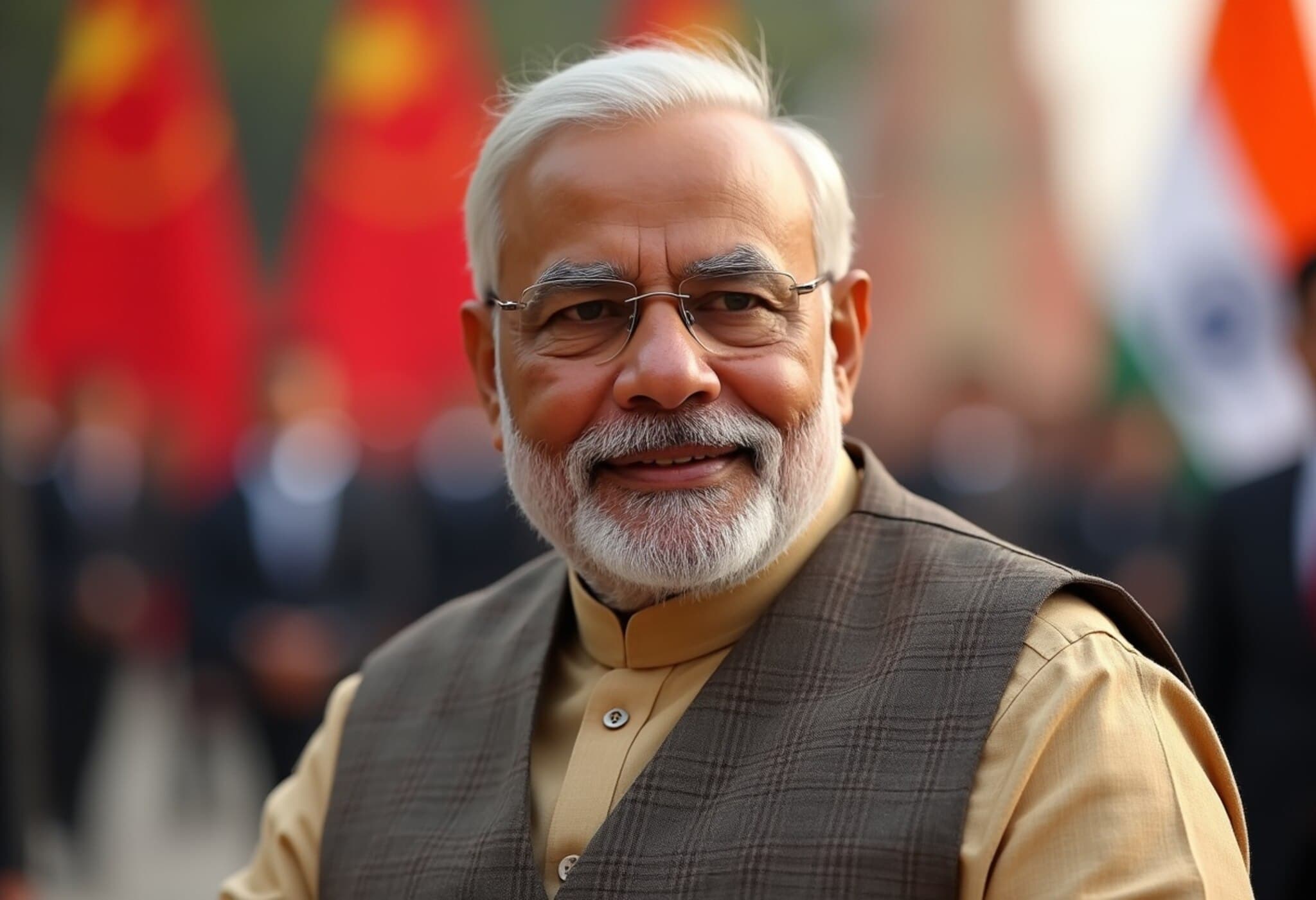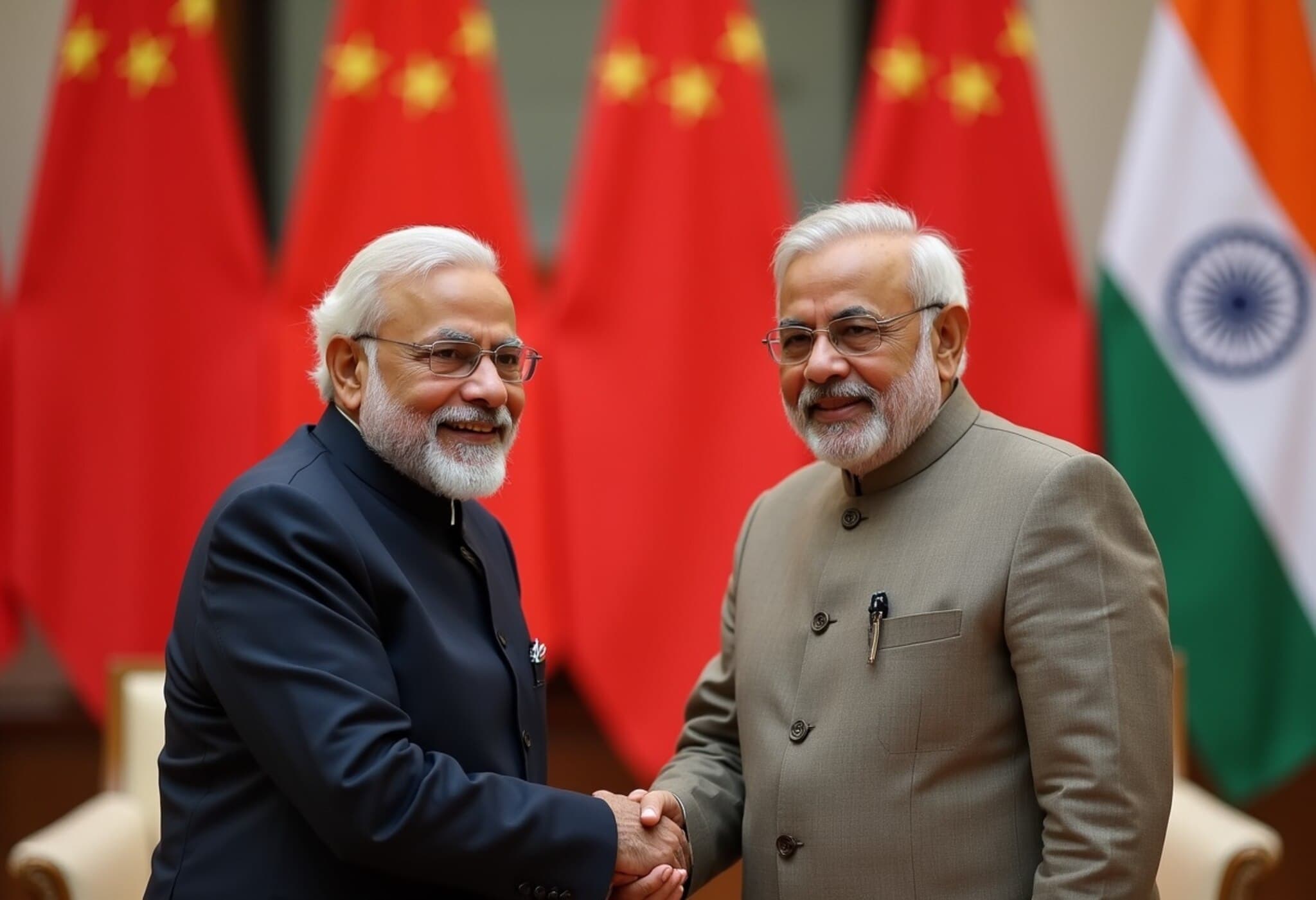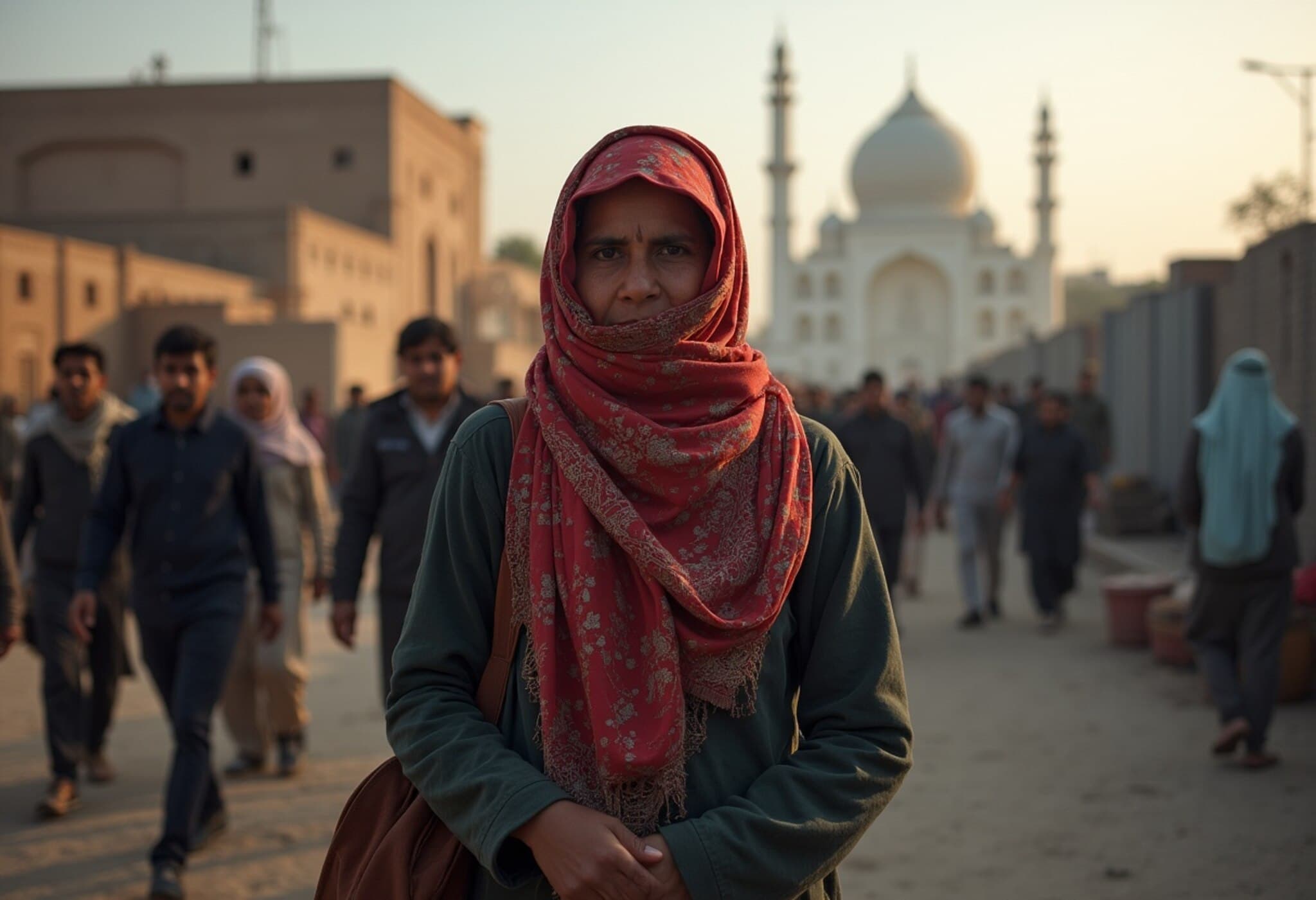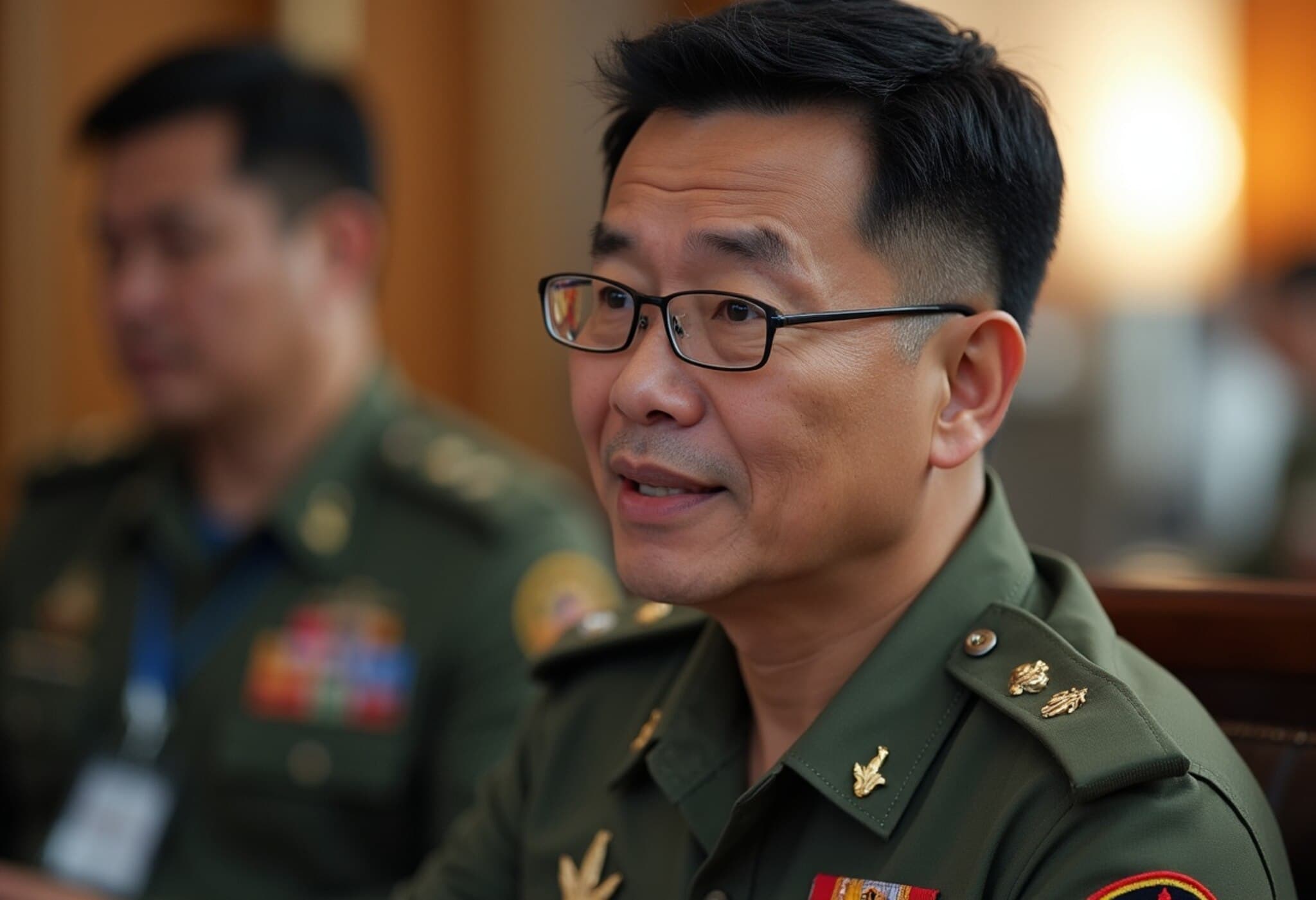Prime Minister Narendra Modi’s First Visit to China Since Galwan Clash
In a significant diplomatic move, India’s Prime Minister Narendra Modi is set to visit China later this month to participate in the Shanghai Cooperation Organisation (SCO) Summit, scheduled from August 31 to September 1, 2025, in Tianjin. This visit marks Modi’s first to China after a fraught period in bilateral ties following the 2020 Galwan Valley clash, where 20 Indian soldiers tragically lost their lives.
Context: The Fragile India-China Relationship
Relations between India and China plunged to their lowest in decades after violent clashes along the disputed border in Ladakh. The Galwan incident stands as the deadliest confrontation in over 45 years. Since then, both nations have treaded cautiously, with sporadic efforts to de-escalate tensions.
Recently, small but meaningful gestures—such as the partial resolution of the Ladakh standoff, reopening the arduous Kailash-Mansarovar pilgrimage route, and India resuming tourist visas for Chinese citizens—have hinted at an opening for dialogue.
Tensions Persist Despite Diplomatic Overtures
Despite these developments, the road to normalization remains rocky. China continues to exert economic pressure, notably by limiting India’s access to critical rare earth minerals and specialty fertilizers, commodities pivotal to India’s advanced manufacturing and agriculture sectors. Such selective trade restrictions underline Beijing’s strategic leverage amidst diplomatic engagements.
Security remains a thorny issue. The SCO, which prioritizes combating transnational terrorism through its Regional Anti-Terrorist Structure (RATS), has consistently fallen short on addressing India’s grave concerns, especially with cross-border terrorism threats emanating from adjacent regions.
Illustrating this divide, India’s Defence Minister Rajnath Singh notably refrained from endorsing a joint SCO statement earlier this year because it failed to condemn the terrorist attack in Pahalgam, Jammu and Kashmir, which claimed 26 lives.
China’s Ongoing Support to India’s Neighbors During Conflict
India’s security challenges are further complicated by China’s support for some of India’s regional adversaries. During the recent India-Pakistan skirmishes in May 2025, India’s Deputy Army Chief Lt. Gen. Rahul R Singh publicly asserted that China was supplying significant assistance, including real-time intelligence, to Pakistan.
This entanglement underscores the multifaceted complexity shaping China-India relations—not merely bilateral but embedded within broader regional rivalry and geopolitical chess.
Strategic Implications: Why India Continues to Engage with SCO
Despite these challenging dynamics, India’s continued participation in the SCO reveals a nuanced strategic calculus.
- Balanced Power Projection: According to China expert Anushka Saxena of the Takshashila Institute, India’s role within SCO acts as a critical counterweight to the combined influence of China and Russia in the group, ensuring India’s voice remains potent on the regional stage.
- Bridging East and West: India serves as a moderate and stabilizing force within a forum that some perceive as anti-Western, preserving a delicate equilibrium and potentially facilitating dialogue beyond the bloc.
- Rejecting Isolationist Strategies: By staying engaged, India avoids diplomatic isolation and preserves avenues to address and influence transnational issues, including terrorism, even if progress remains elusive.
Looking Ahead: A Delicate Dance of Diplomacy
PM Modi’s visit comes at a critical juncture, as India navigates increasing strategic uncertainties triggered by shifting global alliances and the unpredictable policies of international actors. With US-India relations experiencing their own challenges under former President Donald Trump’s tenure, stabilizing relations with neighbors becomes all the more urgent.
This summit presents both opportunity and challenge—can decades of mistrust be softened by diplomatic exchange? Or will India-China relations continue to be shaped by suspicion, rivalry, and competing regional ambitions?
Expert Perspective
Experts caution that while incremental confidence-building measures are welcome, true normalization demands sustained mutual concessions, transparency on security concerns, and respect for sovereignty. Without addressing the underlying issues—particularly border disputes and regional security cooperation—the risk of flare-ups remains a persistent shadow over the subcontinent’s future.
Editor’s Note
PM Modi’s upcoming trip to China for the SCO Summit symbolizes much more than a routine state visit; it embodies India’s strategic imperative to maintain dialogue amid fraught ties. The visit foregrounds critical questions: How far will China be willing to ease economic and security pressure? Can India leverage this platform to assert its regional stance without compromising on core concerns? And, importantly, does India’s engagement with the SCO squarely address its national security priorities or remain a diplomatic balancing act?
As the summit unfolds, observers should watch closely whether this visit catalyzes a new chapter of cooperation or underscores the entrenched challenges defining India-China relations today.


